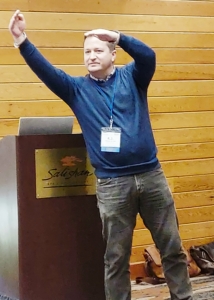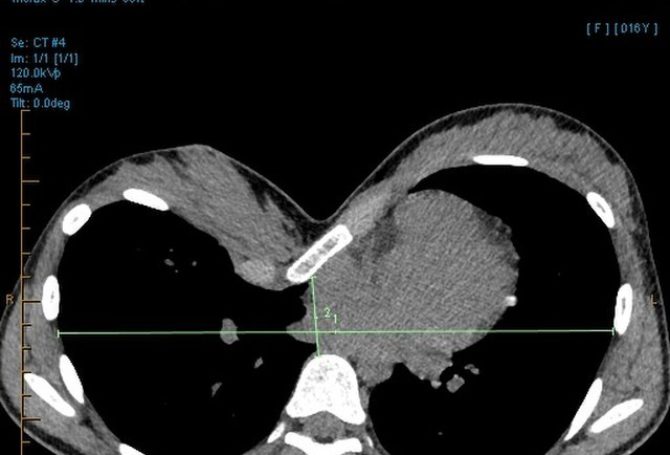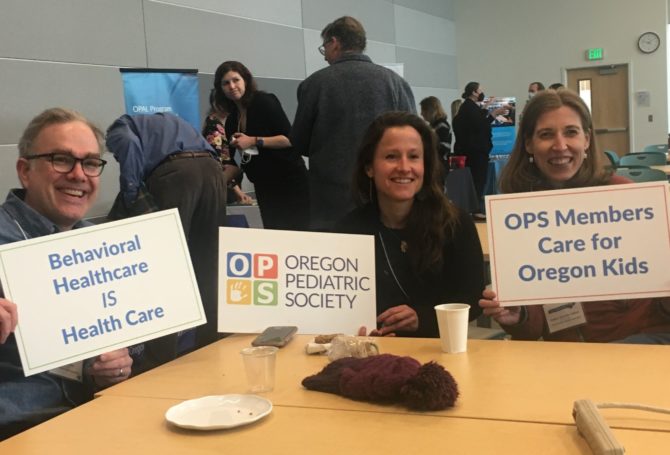
October 18, 2023
The Harvard Center for the Developing Child proposes three main steps to improve developmental outcomes for children, and to promote responsive parenting for adults:
- Reduce sources of stress
- Support responsive relationships, and
- Strengthen core life skills.
As the science of trauma and toxic stress has evolved from the landmark Adverse Childhood Experiences study that was published in 1998, the common theme is that Trauma Informed Care (TIC) is about relational care, so focusing on early relational health in practice is the most important preventive measure child health providers can take against toxic stress. This is the bulk of the content in a 2024 book from the AAP that I co-authored with Amy King, PhD: “The Trauma-Informed Pediatric Practice: A Resilience-based Blueprint to Foster Early Relational Health.” In this book we explore the intersections of trauma, social determinants of health, and early relational health to help turn well visits into a hundred little conversations about promoting caregiver-child relationships.
The Oregon Pediatric Society first launched its TIC trainings in 2014 with Teri Pettersen, MD. Participants in those early in-person trainings learned that toxic stress – those early traumas that are not adequately buffered by a safe, stable, nurturing relationship (SSNR) – can affect health and wellness for a lifetime. Pediatricians are all about prevention…so waiting until toxic stress happens to our patients feels woefully inadequate. But what can we do?
If we recenter the relationship between caregivers and their children, and actively work to promote SSNRS in practice, we can mitigate the effects of toxic stress and positively impact the lives of the families in our care. With that in mind, OPS’s next generation of TIC training is here!
 We will review what is new in the field of TIC, including AAP’s current Policy Statements and key messages, such as “Building the Buffering,” and de-emphasizing ACEs scores.
We will review what is new in the field of TIC, including AAP’s current Policy Statements and key messages, such as “Building the Buffering,” and de-emphasizing ACEs scores.
The OPS virtual training is divided into two one-hour parts. Part 1, “Becoming a Trauma-Informed Practice,” is designed for all staff within a primary care office. Part 2, “Becoming a Trauma-Responsive Practice,” is intended for primary care providers. I’ll share actionable steps in reducing sources of stress, promoting SSNRs, and strengthening parenting skills in our daily interactions with families.
Both parts will first be offered in live and interactive webinars: Part 1 on Thursday, November 30, 2023 at 12PM, and Part 2 a week later on December 7 at 7:30AM, with on-demand recordings available afterwards. CME will be available for both formats. Whether you attend in-person or view the recordings afterwards, Part 1 will satisfy PCPCH requirements, providing that all primary care providers within your office can attest to participation.
These trainings are an opportunity to hone your existing skills, and to support having relationships at the center of your daily practice. If you are doing TIC work already, we welcome feedback on your experiences and questions.


